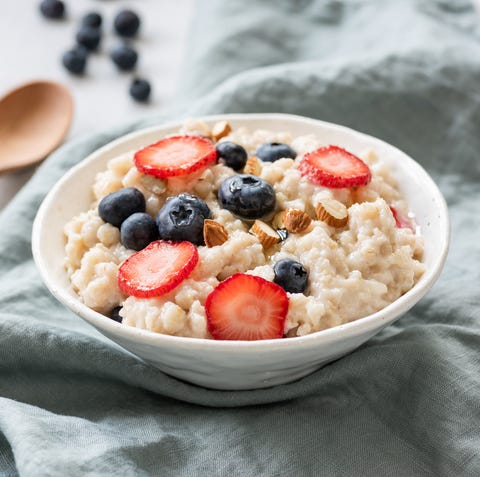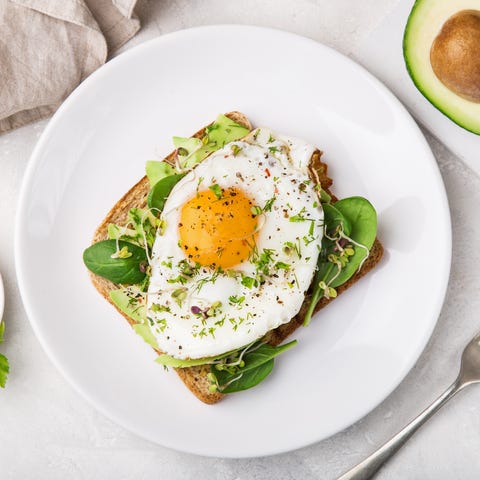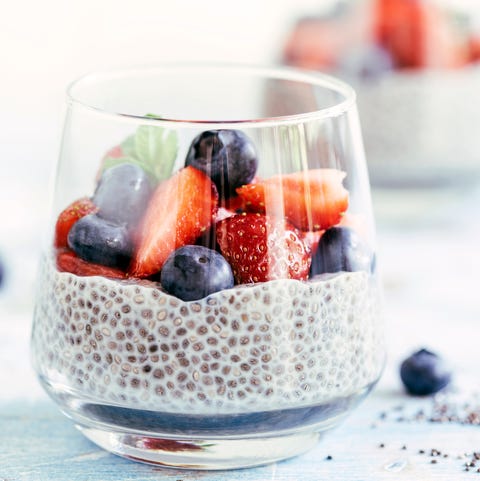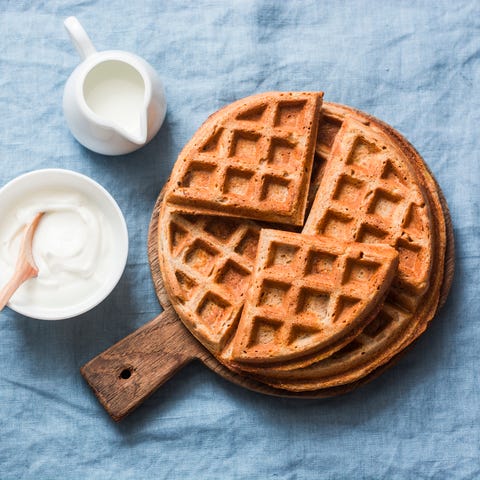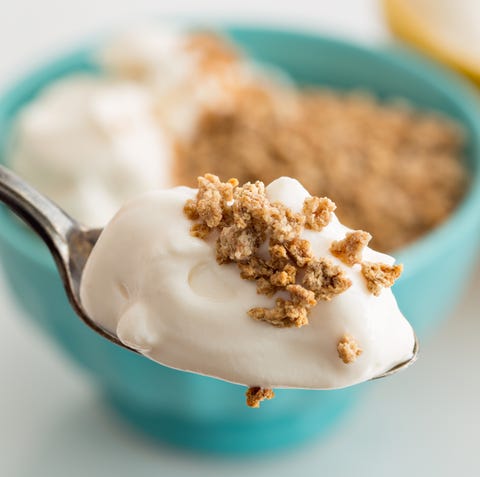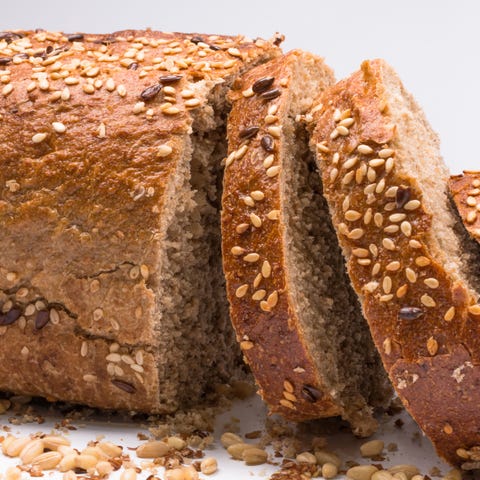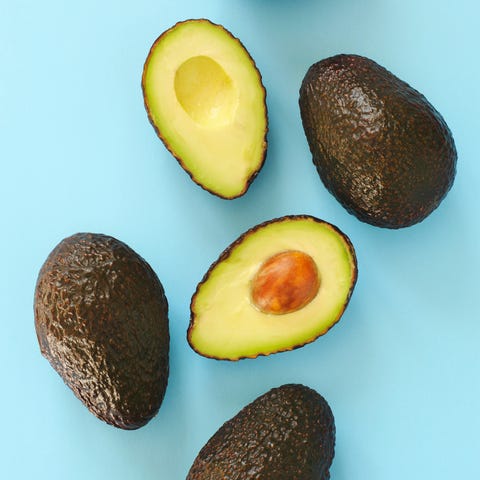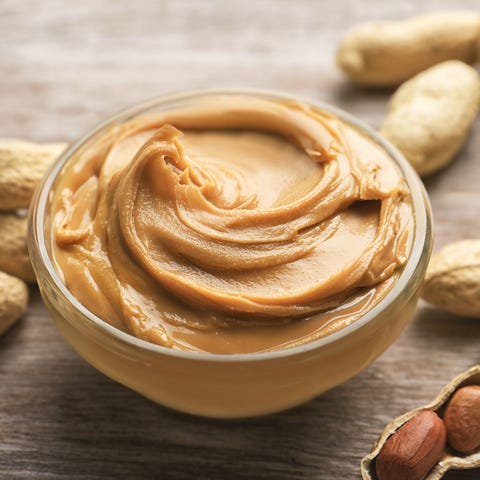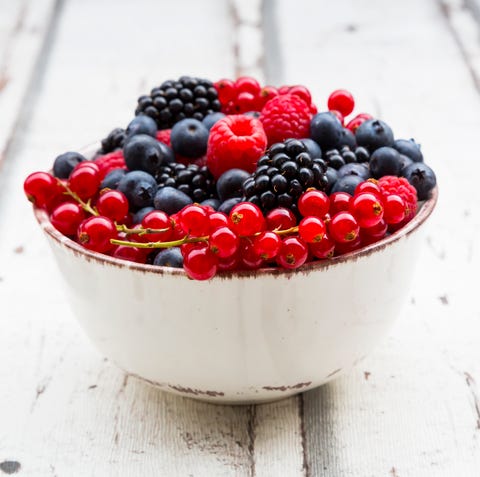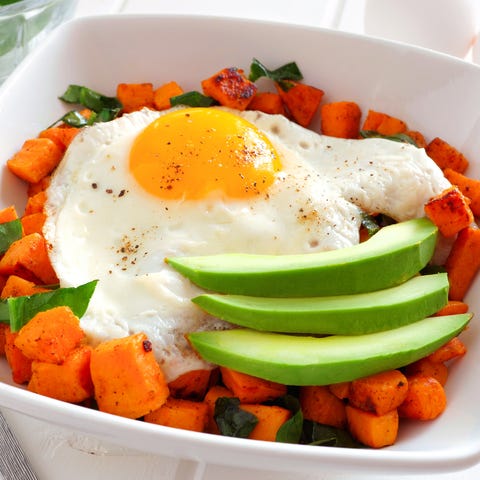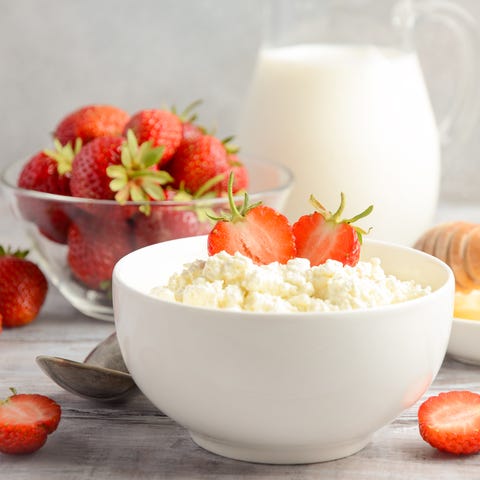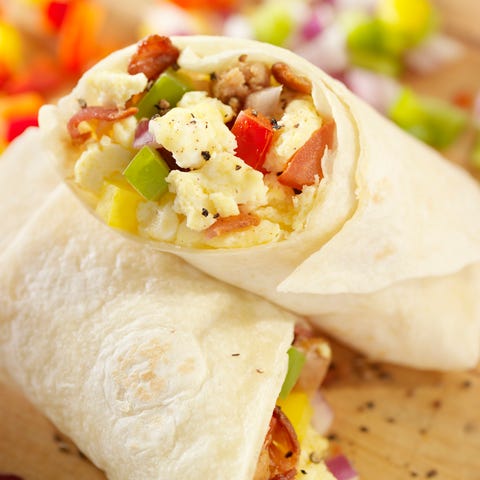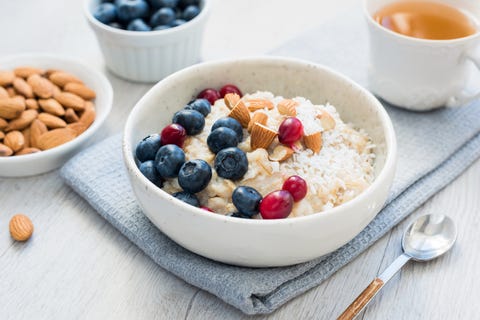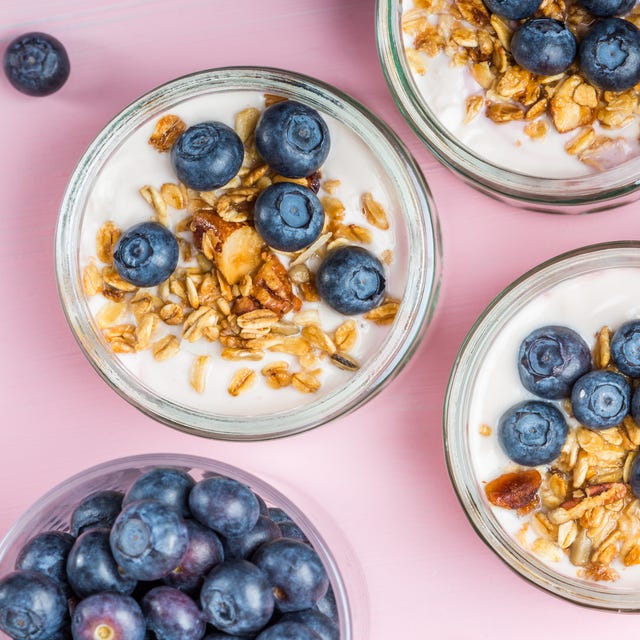
“Breakfast is the most important meal of the day” may sound like an old wives’ tale at this point, but some time-honored beliefs are worth the hype. In order to avoid potential brain-fog induced by low-blood sugar, you need breakfast. Starting off the day with a full, nutrient-dense meal also allows you to keep making better choices throughout the day, including zapping those late-night snack cravings.
Here are our top guidelines to make your breakfast that much more delicious (and nutritious):
- Eat breakfast every day (no exceptions!): A large body of evidence consistently supports the idea that consuming breakfast leads to better overall health and a lower body mass index (BMI). Research suggests that you’re likely to burn more calories throughout the day after having a big breakfast, while skipping breakfast is linked to burning fewer calories throughout the day — negating any weight-loss benefit of taking in fewer calories to begin with.
- Skip the sugary stuff: Cereals, granola, oatmeal, bars, bagels, and juice tend to be code words for sugar, which can set you up for an energy crash and ultimately overeating later on in the day. Look for cereals that are in the single digits for added sugar, breakfast bars that are under 4 grams of added sugar per serving, and unsweetened dairy products. Most importantly, steer clear of sugary beverages, which often include sweetened coffee and tea drinks.
- Choose lean protein: Prioritize eggs, seafood, unsweetened dairy products (like yogurt), poultry, legumes, beans, and lean cuts of beef and pork, and minimize your intake of processed deli meats.
- Power up with produce: Try adding leftover veggies to eggs for a satisfying breakfast combo (plan ahead by making extra at dinner!); add more vegetables to omelets; or grab a piece of fruit on your way out the door. More produce equals more fiber, which can help you stay fuller, longer.
- When in doubt, make it bigger: Breakfast should contain at least 300-350 calories for most of us, and you should be chewing, not drinking, your morning meal. (Sipping calories instead of eating them can make you feel less full and more ravenous for your next meal.)
A good breakfast should combine protein, stick-to-your-ribs fat, and some fiber-filled carbs. This is your key to feeling satisfied, energized, and not ready to eat your stapler by lunch. To make any of the breakfast combos suggested below heartier, up the veggies and/or fruit — these are unlimited as far as I’m concerned, especially at breakfast.
If you’re already a breakfast eater and you know that adding more veggies and fruit isn’t going to make you feel more satisfied, then it’s pretty likely that you’re not getting enough protein at breakfast. Add an extra egg, more nuts or nut butter, or some leftover chicken — you get the picture.
In our 1,200 Calories and More meal plan, we do the planning for you and give you 28 days’ worth of healthy breakfasts. If you want to build your own, here are 16 great options:


